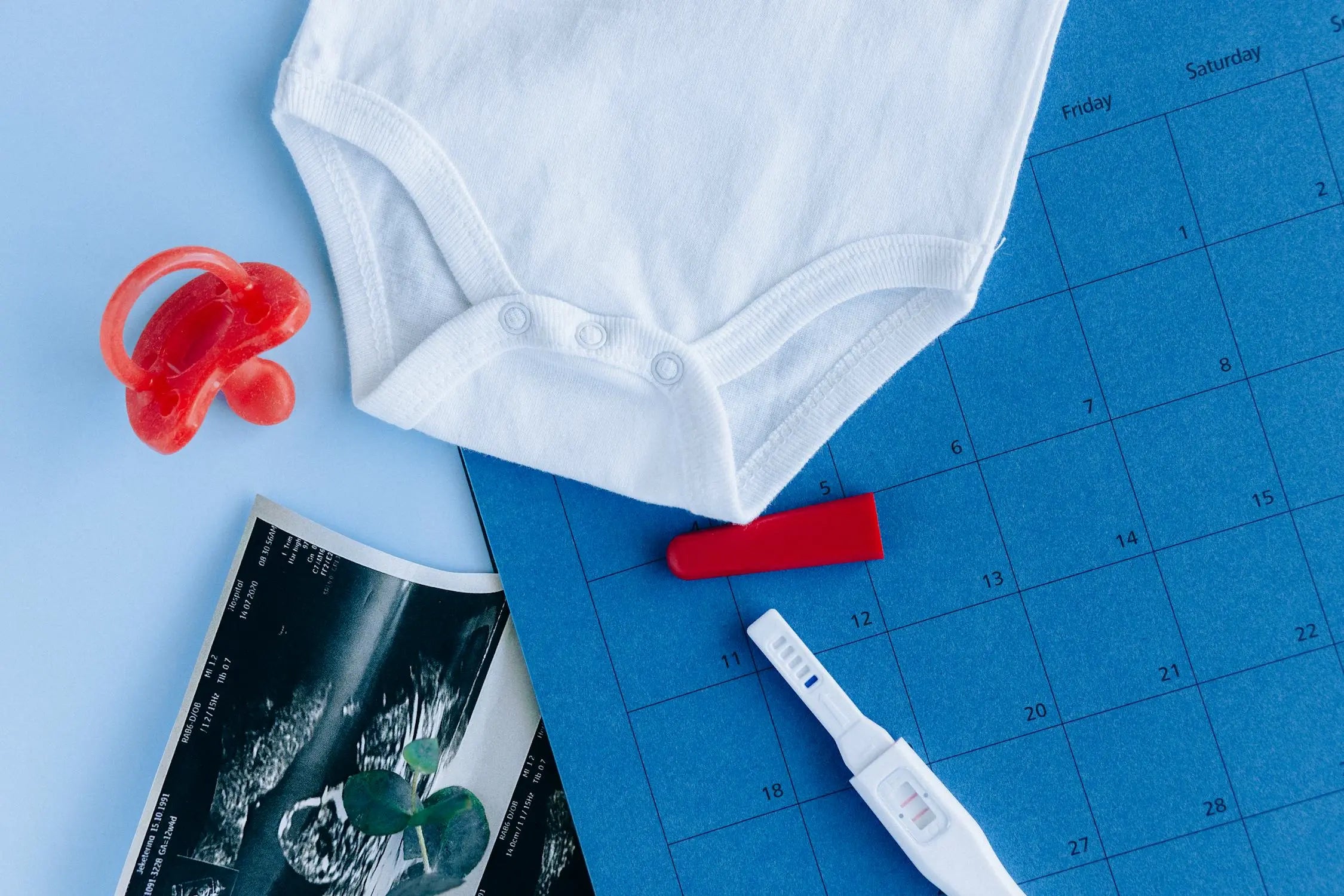Home
Pregnancy, Breastfeeding, and Pumping: The Ultimate Guide for Moms
How Early Is Too Early for a Pregnancy Test: A Comprehensive Guide

How Early Is Too Early for a Pregnancy Test: A Comprehensive Guide
When it comes to taking a pregnancy test, timing is everything. Many women wonder, 'How early is too early for a pregnancy test?' The answer isn't always straightforward, as it depends on various factors, including the type of test used and individual hormonal levels. This article will delve into the science behind pregnancy tests, the best time to take one, and what to do if you get a negative result but still suspect you might be pregnant.
Understanding Pregnancy Tests
Pregnancy tests work by detecting the presence of human chorionic gonadotropin (hCG), a hormone produced by the placenta shortly after a fertilized egg attaches to the uterine lining. There are two main types of pregnancy tests: urine tests and blood tests. Urine tests are the most commonly used and can be performed at home, while blood tests are typically conducted in a medical setting and can detect pregnancy earlier than urine tests.
When to Take a Pregnancy Test
The timing of a pregnancy test is crucial for accurate results. Most home pregnancy tests claim to detect pregnancy as early as the first day of a missed period. However, the accuracy of these tests can vary depending on the sensitivity of the test and the concentration of hCG in your urine. Some tests are more sensitive and can detect lower levels of hCG, allowing for earlier detection.
Factors Influencing Test Accuracy
Several factors can influence the accuracy of a pregnancy test, including:
- Test Sensitivity: The sensitivity of a pregnancy test refers to the minimum amount of hCG it can detect. Tests with higher sensitivity can detect pregnancy earlier.
- Timing of Implantation: Implantation occurs when the fertilized egg attaches to the uterine lining, usually 6-12 days after ovulation. hCG levels begin to rise after implantation, so taking a test too early may result in a false negative.
- Urine Concentration: The concentration of hCG in your urine can vary depending on factors such as hydration levels. For the most accurate results, it's recommended to take the test first thing in the morning when urine is most concentrated.
How Early Is Too Early?
Taking a pregnancy test too early can lead to a false negative result, even if you are pregnant. This is because hCG levels may not yet be high enough to be detected by the test. If you take a test before your missed period and get a negative result, it's a good idea to wait a few days and test again. Some women may experience early pregnancy symptoms, such as nausea or breast tenderness, before a positive test result is possible. In these cases, it's best to wait until after your missed period to test for the most accurate results.
Early Pregnancy Symptoms
While a pregnancy test is the most reliable way to confirm pregnancy, some women may notice early symptoms before they take a test. These symptoms can include:
- Missed Period: A missed period is often the first sign of pregnancy, but it can also be caused by other factors such as stress or hormonal imbalances.
- Nausea: Morning sickness, which can occur at any time of day, is a common early pregnancy symptom.
- Breast Tenderness: Hormonal changes during early pregnancy can cause breast tenderness or swelling.
- Fatigue: Increased levels of progesterone can lead to feelings of exhaustion.
What to Do If You Get a Negative Result
If you take a pregnancy test and get a negative result but still suspect you might be pregnant, there are a few steps you can take:
- Wait and Retest: If you tested before your missed period, wait a few days and test again. hCG levels double every 48-72 hours in early pregnancy, so a test taken a few days later may yield a positive result.
- Consult a Healthcare Provider: If you continue to experience pregnancy symptoms or have concerns, it's a good idea to consult a healthcare provider. They can perform a blood test, which is more sensitive than a urine test and can detect pregnancy earlier.
- Consider Other Factors: If you're not pregnant, other factors such as stress, illness, or hormonal imbalances could be causing your symptoms. A healthcare provider can help determine the underlying cause.
Conclusion
Determining the right time to take a pregnancy test can be challenging, but understanding the factors that influence test accuracy can help you make an informed decision. If you suspect you might be pregnant, it's important to wait until after your missed period to test for the most accurate results. If you get a negative result but still have concerns, consult a healthcare provider for further evaluation. Remember, every woman's body is different, and what works for one person may not work for another.
If you're eager to find out whether you're pregnant, it's natural to want to take a test as soon as possible. However, patience is key to ensuring accurate results. By waiting until the optimal time and understanding the factors that can influence test accuracy, you can increase your chances of getting a reliable result. Whether you're hoping for a positive or negative result, knowing when and how to take a pregnancy test can help you navigate this important moment with confidence.
Share


